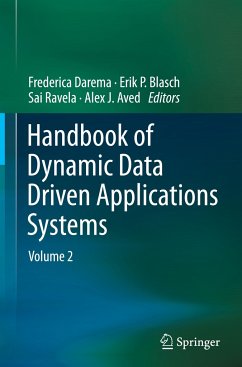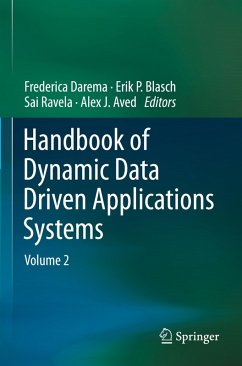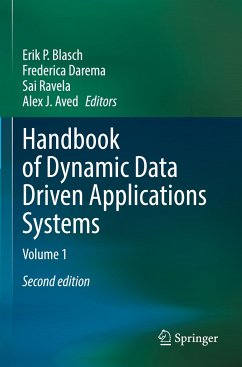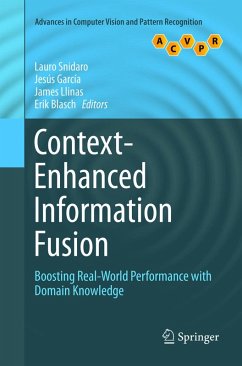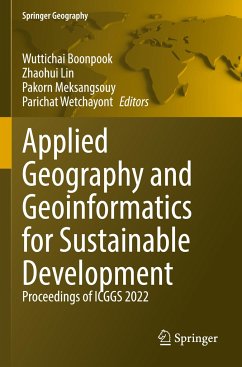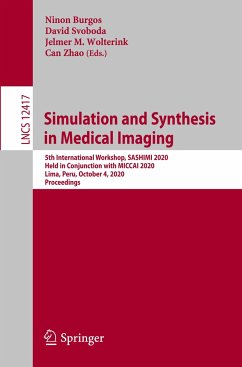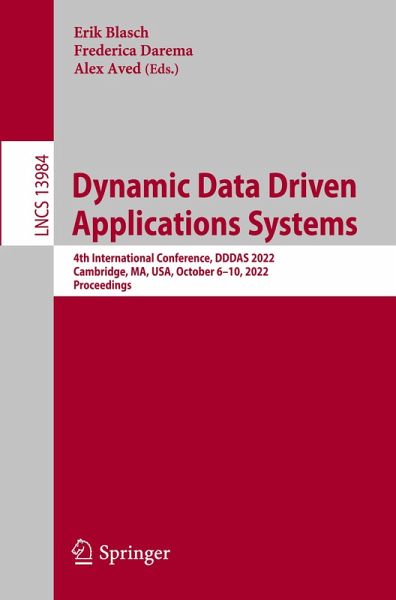
Dynamic Data Driven Applications Systems
4th International Conference, DDDAS 2022, Cambridge, MA, USA, October 6-10, 2022, Proceedings
Herausgegeben: Blasch, Erik; Darema, Frederica; Aved, Alex

PAYBACK Punkte
29 °P sammeln!
This book constitutes the refereed proceedings of the 4th International Conference on Dynamic Data Driven Applications Systems, DDDAS 2022, which took place in Cambridge, MA, USA, during October 6-10, 2022.
The 31 regular papers in the main track and 5 regular papers from the Wildfires panel, as well as one workshop paper, were carefully reviewed and selected for inclusion in the book. They were organized in following topical sections: DDAS2022 Main-Track Plenary Presentations; Keynotes; DDDAS2022 Main-Track: Wildfires Panel; Workshop on Climate, Life, Earth, Planets.
The 31 regular papers in the main track and 5 regular papers from the Wildfires panel, as well as one workshop paper, were carefully reviewed and selected for inclusion in the book. They were organized in following topical sections: DDAS2022 Main-Track Plenary Presentations; Keynotes; DDDAS2022 Main-Track: Wildfires Panel; Workshop on Climate, Life, Earth, Planets.



